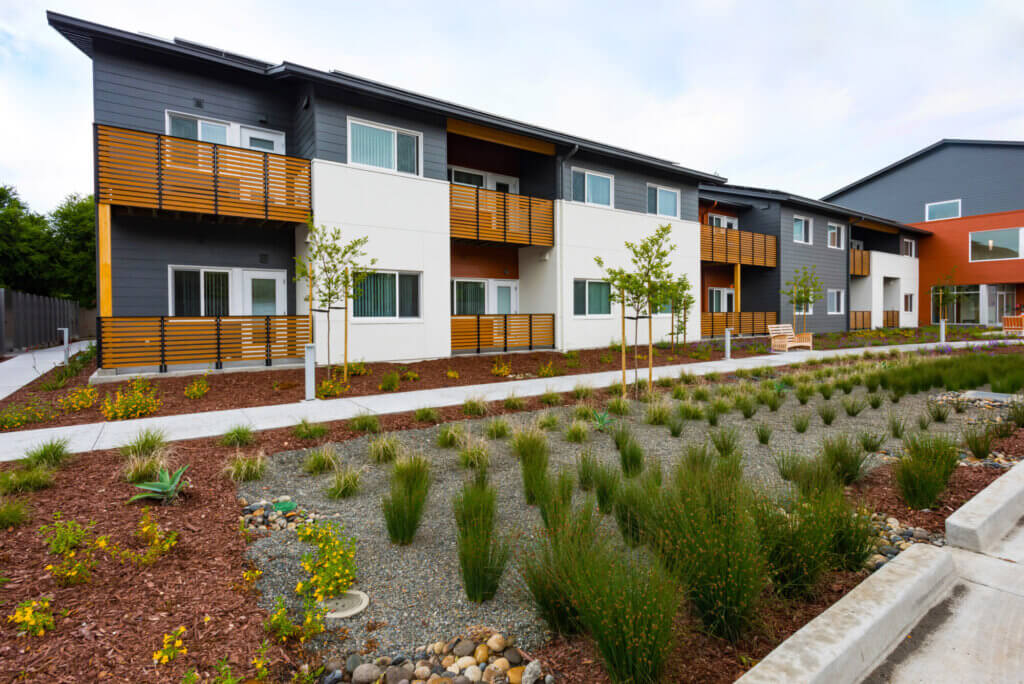Evaluating California’s Changing Demographics in Light of New 2020 Census Data Methods
Published On January 5, 2022
The Census has wide-ranging impacts on congressional representation, funding, and policy. However, recent changes to the methods the Census uses to preserve the anonymity of respondents raise questions around how to interpret findings that use the 2020 data.
A new blog post authored by Terner Center Data Scientist Quinn Underriner evaluates the impacts of the 2020 Census’ new algorithmic method on what we can say about neighborhood and demographic change in California.
Departing from previous methods for preserving the privacy of residents, the 2020 Census’ new algorithmic method adds statistical “noise” to the raw respondent data. Certain data like the total population of a state or the number of housing units in a particular Census block remain untouched by this noise, but the underlying data is impacted.
In this analysis, we assess the difference in population counts between the current and previous privacy preservation methods using California’s 2010 Census data. We find the new methodology has less of an impact on total population estimates and White population estimates, but a more significant difference for Black and Asian populations. These results suggest that the new “noise” will greatly impact many critical research questions, particularly for smaller geographies and demographic subpopulations, and additional caution should be used as these data are incorporated into research and policy making decisions.





